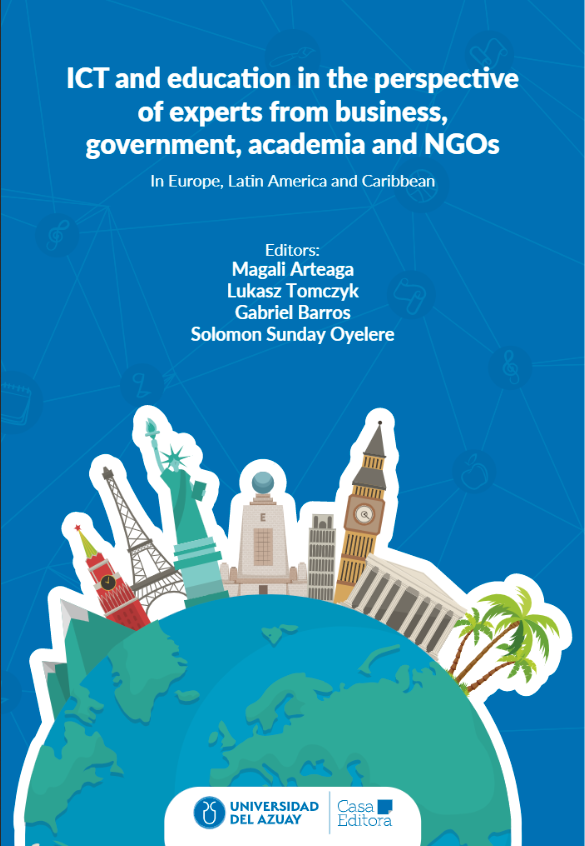ICT in schools and non-formal education in Poland. Challenges of digital literacy development, modernisation of education system and digital inclusion through new media from the perspective of experts from business, education and NGO sectors
DOI:
https://doi.org/10.33324/memorias.vi1.493Palabras clave:
digital inclusion, digital literacy, school, NGO, businessResumen
The text is an attempt to answer the question of how ICTs are used in the process of learning, teaching and digital inclusion in Poland. The study presents both, advantages and disadvantages of ICT implementation into Polish formal and non-formal education. Based on the data collected, the issue has been characterized from three perspectives: business, education and the third sector. The nature of the complex research problems motivated researchers to sue the qualitative study methods, expert interview technique and structured survey questionnaire as the tool. The data were analyzed using the interpretative paradigm of qualitative research, and presented respondents’ experiences of implementing ICT in education. The interviewees had accumulated years of experience in introducing pedagogical innovations in Poland.
Keywords: digital inclusion, digital literacy, school, NGO, business,
non-formal education, information society


